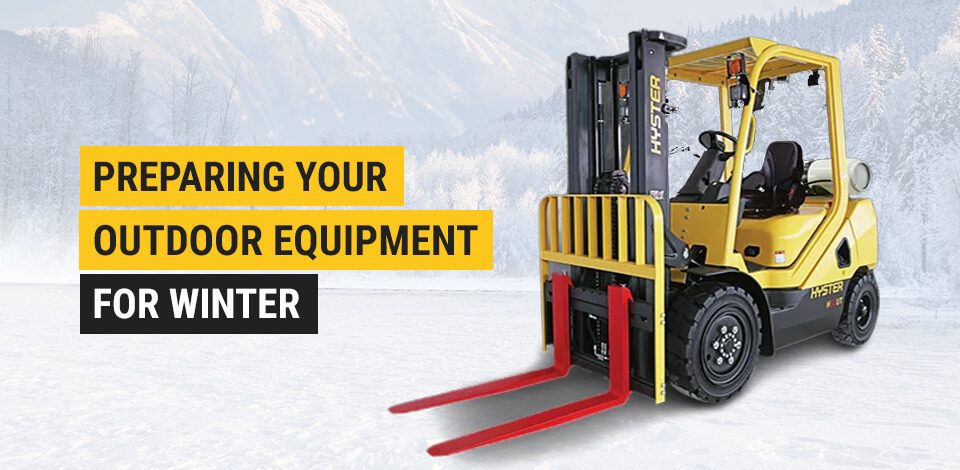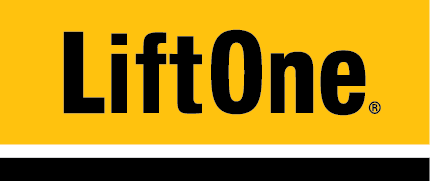
In winter, outdoor forklifts including high-capacity forklifts, container handlers, and other heavy equipment must work harder to overcome the temperature drop. Prepping equipment for winter can help protect the integrity of your fleet and maximize performance in the cold.
A lack of prep can impact a forklift’s ability to perform to its best and lead to downtime. It can also result in dead batteries and increased safety concerns like depressurized tires that reduce traction and stability. If not properly addressed, cold weather can even damage your machine parts. With the right steps, you can keep your team and equipment safely running all winter long.
1. Follow All Maintenance Requirements
All industrial equipment has standard preventive maintenance practices like flushing and replacing the coolant and inspecting the exhaust systems. Make sure you follow through with these standard processes and integrate any winter-specific maintenance.
Winter maintenance includes a range of processes, such as:
- Checking the freezing point of your antifreeze
- Replacing the air in pneumatic tires with dry nitrogen to prevent ice crystals around the valve stems
Not sure on your equipment’s specific winter maintenance needs? Your expert LiftOne service team can help.
2. Store Your Equipment Properly
Storing your outdoor forklifts and industrial vehicles out of the elements improves the starting process. Keep your machines in enclosed storage areas and cover the equipment to create extra warmth.
When equipped, use a block heater to help keep your machine at a reasonable internal temperature.
3. Inspect Your Equipment Before Operation
Before starting your equipment, perform a pre-shift inspection based on the operator’s manual. It should include checks of all fluid levels for the engine, transmission and/or hydraulics to ensure proper flow during use. When checking fluids with a dipstick, look for the appropriate level marks. Visually inspect hoses for cracks to address the potential leak points early.
If ice or snow has built up on your equipment, take careful steps to remove the precipitation. The added weight could reduce the capacity of your machine.
4. Carefully Start the Engine
Reference your equipment manufacturer’s cold weather procedures before starting. immediately beginning operation with a cold engine can be detrimental to internal components. By planning for an extended warm-up period, damage can be avoided.
5. Invest in Safety Accessories and Training
Protecting your operators and making sure they are safe in the winter is critical to keeping your operations moving. Investing in a forklift cover can keep your operators comfortable, along with having your operators wear appropriate protective winter gear. Operating equipment in winter conditions will also be an added safety hazard. Your LiftOne team can offer personalized operator training classes on your facility’s specific equipment.
Get Equipment Support With LiftOne
At LiftOne, we’re here to support lift equipment health all year long. Count on us for maintenance services to ensure your equipment is in top shape. Contact us today to learn more.










